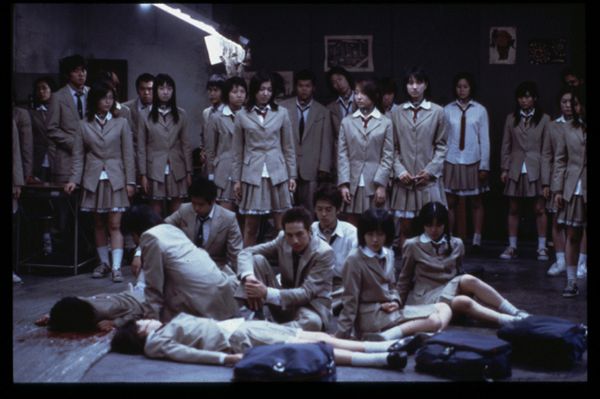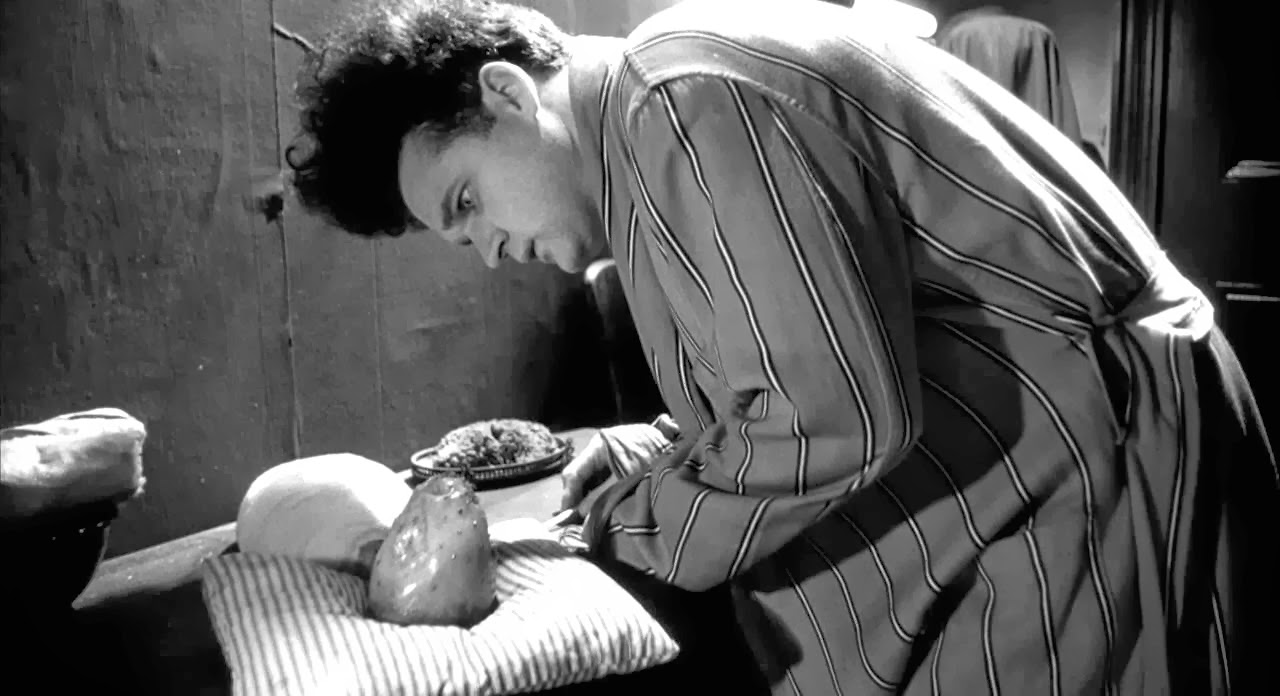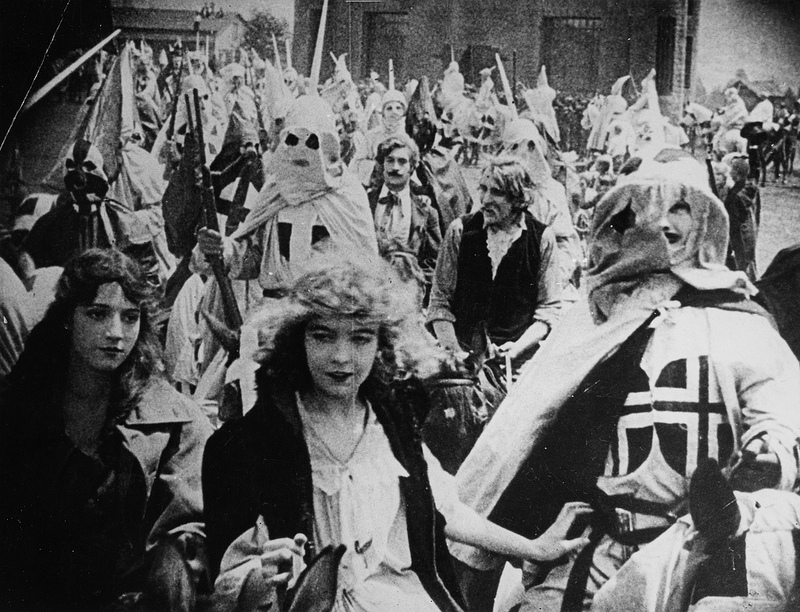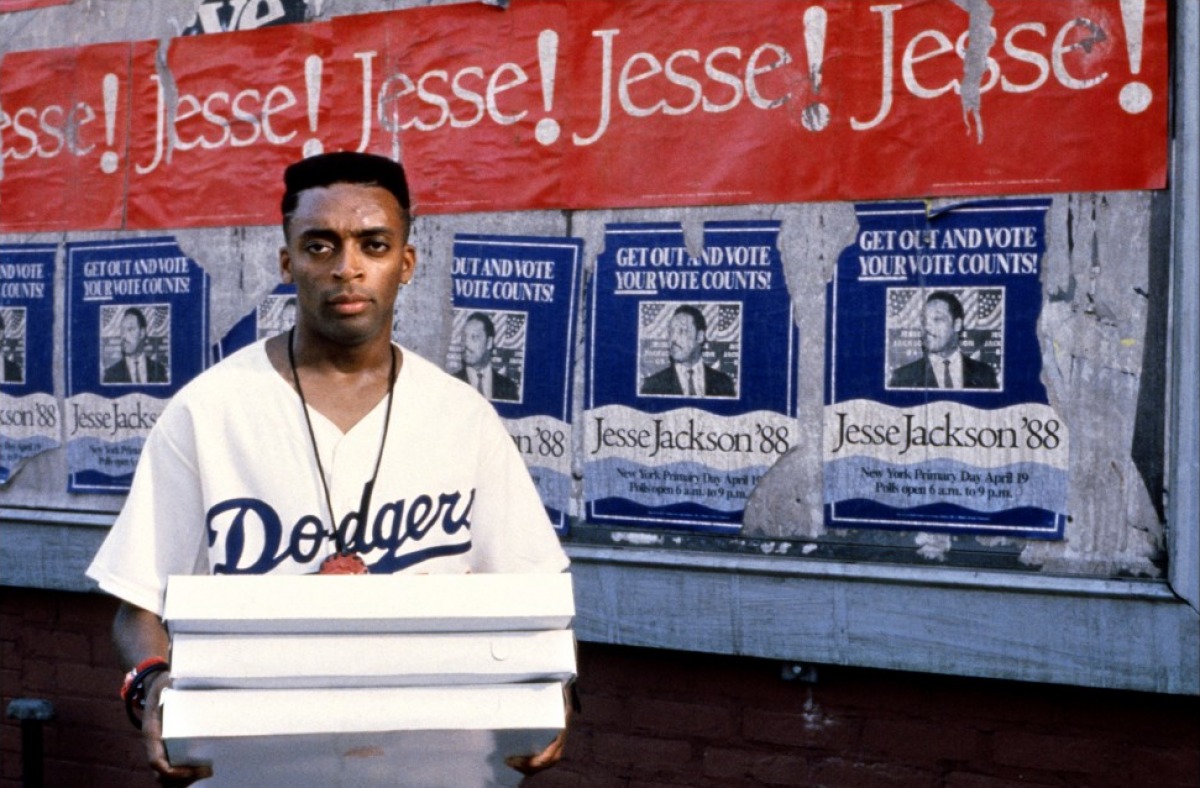
Ah, college. That four (sometimes five, sometimes six, sometimes indefinite) year migration from naive youth to (supposedly) enlightened adulthood.
While just about everybody spends their tenure in higher education hitting the books and beer bongs, college is also an opportune time to expand one’s cinema tastes. Now is the best time of your life to investigate, explore and immerse yourself in the rich panoply of moviedom, as you partake of nonconventional flicks that question your basic morality and perceptions of reality.
While the following ten movies may not exactly encapsulate the whimsy and ephemera of college life – or even address the transition from childhood to adulthood – they all, in some form, touch upon the issues and moral questions that mark the end of youth and the beginning of adulthood.
These are films that challenge our worldviews, obscure our values and force us to at least mull the possibility that what we thought was right, true and beautiful was actually wrong, false and hideous all along. Or in other words? They’re absolutely perfect viewing material for anybody slogging their way through a degree program, half exhilarated (and half terrified) of what awaits them once college life concludes, and real life begins …
1. Battle Royale (Kinji Fukasaku, 2000)

What The Graduate is to baby boomers and Fight Club is to Gen X, this is the preeminent tale of young adult disaffection for Millennials and Gen Z. Few films have so bluntly – yet intricately – examined the moral pangs of adulthood as well as this hyper-violent Japanese drama, in which the great transition from childhood to maturity is represented as a literal fight to the death.
On the surface it may be a film about children forced to murder one another as population control, but the subtext is glaringly apparent; it’s actually a metaphor for how society and commerce turns youth into cutthroat competitors, in the process bleeding them dry of their youthful optimism and idealism.
That pointed message is absolutely pivotal for those making the jump from high school to college, as it introduces them to the great existential question of their 20s: should I conform and abandon my scruples and bask in the financial rewards of “the system,” or should I rage against the dying light of my adolescent ideals?
2. Persepolis (Marjane Satrapi, Vincent Paronnaud, 2007)

There are a lot of coming of age movies out there, but few have the universal relevance of Persepolis. For one thing, as an animated film it’s able to cinematically capture the way young adults think about and envision the world … sometimes, in sharp black and whites, and other times, in befuddling opaque tones.
Secondly, although the film very much is a pro-feminist work, the main character in many ways is presented as a genderless protagonist, whose perspectives on “the real world” supercede arbitrary boundaries like gender and sexual orientation.
And lastly, this might just be the absolute best “first foreign film” for any world cinema neophyte, especially those entering college having never seen a movie with subtitles, since the graphic novel-like pace and structure of Persepolis makes it more of a joy to read than merely observe.
All in all, this might just be the truest depiction of the sudden shift from childhood to adulthood ever presented in a movie – or, at the very least, the depiction of that uneasy transition that’s the most relatable, no matter which part of the globe you grew up in.
3. Eraserhead (David Lynch, 1977)

Cinephiles generally look at Eraserhead like one of those old Magic Eye paintings – they just squint and squint and project whatever they want onto the film and claim that’s what David Lynch’s immortal cult classic is really about. It’s hard to think of a better introductory abstract film for a college freshman, nor one that has as much expertly veiled subtext to unearth.
Merely interpreting the insanity of the flick is in and of itself a wonderful cogitating exercise for university newcomers, but the real fun of the experience is drumming up your own explanation for the film’s almost-impossible-to-comprehend story.
Is it a metaphor for the fear of getting your girlfriend pregnant? Is it subconsciously about the fear of adult independence, and the desire to head back home and avoid reality altogether? Or is it just a really messed up movie about having your skull turned into pencils and watching people eat bloody mini-chickens for dinner?
There’s no wrong way to interpret Eraserhead, and as such, it’s an outstanding filmgoing experience for any young person heading out there into that truly inexplicable, phantasmagoric experience we call “adulthood.”
4. The Birth of a Nation (D.W. Griffith, 1915)

College should never be about affirming what you already believe. Rather, students should take every opportunity possible to expose themselves to contrarian viewpoints, and cinematic perspectives don’t really get any more controversial than D.W. Griffith’s The Birth of a Nation.
Basically, you can go one of two routes here: you can view Griffith’s pioneering, three-hour Civil War epic is a momentous technical accomplishment for the fledgling cinematic art form OR you can view it as nothing more than irredeemably racist propaganda.
But the big philosophical question the movie forces the viewer to answer is whether or not it can be both at the same time. Can the presentation and execution of the film be worthy of merit despite its reprehensible message, or does the ideology of the film totally negate its artistic worth? That’s a deep, deep question, and you probably shouldn’t receive a diploma from an accredited university without first formulating your own solution to the “the D.W. dilemma.”
5. Do the Right Thing (Spike Lee, 1989)

And if you’re looking for a good double feature to go along with The Birth of a Nation, Spike Lee’s magnum opus is the perfect ideological counterweight.
A lot of people THINK they know what the film is about, and because of that preconceived notion, never actually get around to watching it. That’s a shame, because Do The Right Thing asks a ton of worthwhile philosophical questions that pretty much every college student should ponder. Yes, it is very much a film about race relations in the U.S., but it digs even deeper than that.
That the film concludes with totally contradictory remarks from MLK and Malcolm X lets you know that Spike Lee wanted the viewer to determine for his or herself whether or not his character Mookie did the right thing during the film’s climax. And unlike most filmmakers, Lee has the honesty to refrain from feeding us any easy answers – rather, it’s up to you to judge the morality (or immorality) of the character’s actions.